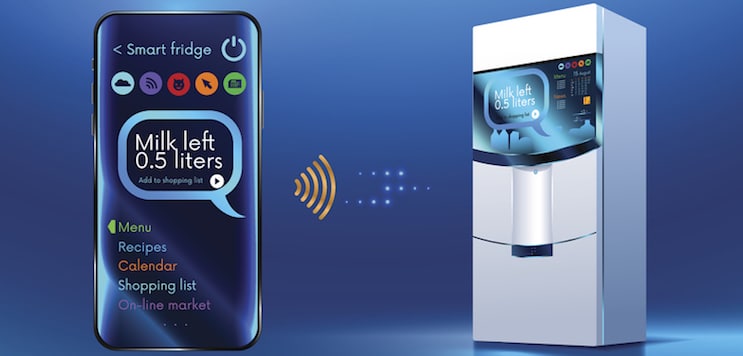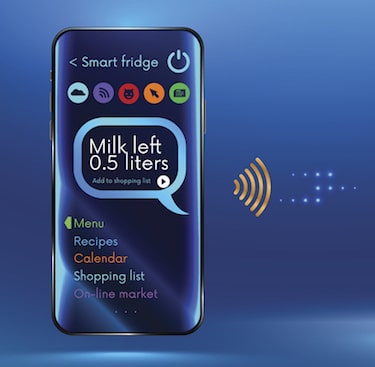
The Internet of Things has transformed all aspects of everyday life. The Industrial IoT (IIoT) is the reflection of those changes in the manufacturing sector. An IIoT device has made it possible to provide any information, anywhere, to anyone. As is typical with new technologies, often the promised capabilities exceed or are different from what can be achieved. This has been the case with the IIoT. A great technology to capture data – but not necessarily a replacement for a Manufacturing Execution System or MES. Enter the discussion of MES vs. IIoT.
MES vs IIoT: Not All Platforms Are the Same
To manage the ever-expanding data generated from manufacturing operations, many technology providers and startups are developing platforms to harness and manage this information. An IIoT platform is a way to manage edge device connectivity, data collection, validation, and distribution. Many IIoT platform providers also deliver analytics capabilities, which might or might not be amplified with Artificial Intelligence or machine learning tools.
With the advent of Low Code/No Code tools, some IIoT providers have positioned themselves as application platforms as well. Don’t make the mistake of thinking an IIoT platform is the same as a modern MES platform. One is like a collection of utilities while the other is an appliance that utilizes the services provided by those utilities to deliver full functionality that is fit-for-purpose.
An MES is not Just an Application, But Also a Platform
A modern MES application is more than a single-purpose tool. MES applications overlap IIoT platforms in some respects but they offer more. You can think of an IIoT Platform as the combination of your electric, water, and networking services in your home. The MES is like a smart refrigerator. It needs electricity to run, water to make ice and dispense cold water, and Wi-Fi to link to your other smart devices such as your phone to notify if there is a temperature alarm or to allow you to adjust the temperature remotely.
An MES platform, like the smart refrigerator, has specialized and specific functionality. It is designed to optimize plant operations on the factory floor. It has embedded intelligence based on best practices that help you to manage regulatory requirements and industry-specific capabilities that have been refined over multiple implementations.
A modern MES may duplicate some of the capabilities of the IIoT platform such as having an AI or machine learning capability, but instead of being a generic tool, the MES AI and analytics are trained on plant floor specific needs such as identifying quality, performance, or equipment reliability issues. With an MES platform, you spend less time trying to figure out what the problem is, which then leaves you with more time to spend on how to fix it.
Additionally, a Manufacturing Execution System has been well adapted to fit into the overall IT architecture serving as the vital bridge between your physical plant equipment and your business systems, providing a layer of redundancy, security, and most importantly, user experience specific to the shop floor environment. This is, even more, the case when evaluating an MES that has been engineered and designed to meet the specific industry requirements of complex discrete manufacturing, such as the Aerospace and Defense or A&D industry.
Those considering a DIY approach should read this article, It’s Time for Manufacturers to Stop Using a DIY MES Software Solution.
The Continuing Evolution of MES vs IIoT Solutions
In the discussion of MES vs IIoT, many IIoT platform providers have argued that MES solutions are monolithic applications that do not offer the flexibility that an IIoT platform delivers. While this may have been the case in the past, a modern MES built on a microservices architecture with embedded intelligence is a completely different comparison and is well-positioned to best leverage a capable IIoT platform.
Perhaps the ideal scenario is one where the two can work together to deliver ever-expanding capabilities – instead of one trying to become the tool that does everything. The IIoT is a great technology that has unlocked a vast collection of data that can be leveraged to improve performance, efficiency, and support new growth opportunities. This, coupled with a modern MES, could be your best option to execute your Industry 4.0 strategy that continues to evolve. Or, referring to the refrigerator example, one that lets your equipment operate with full knowledge while adapting to external changes, such as hot weather, when I would like my refrigerator to order more Blue Bunny Ice Cream cones!





